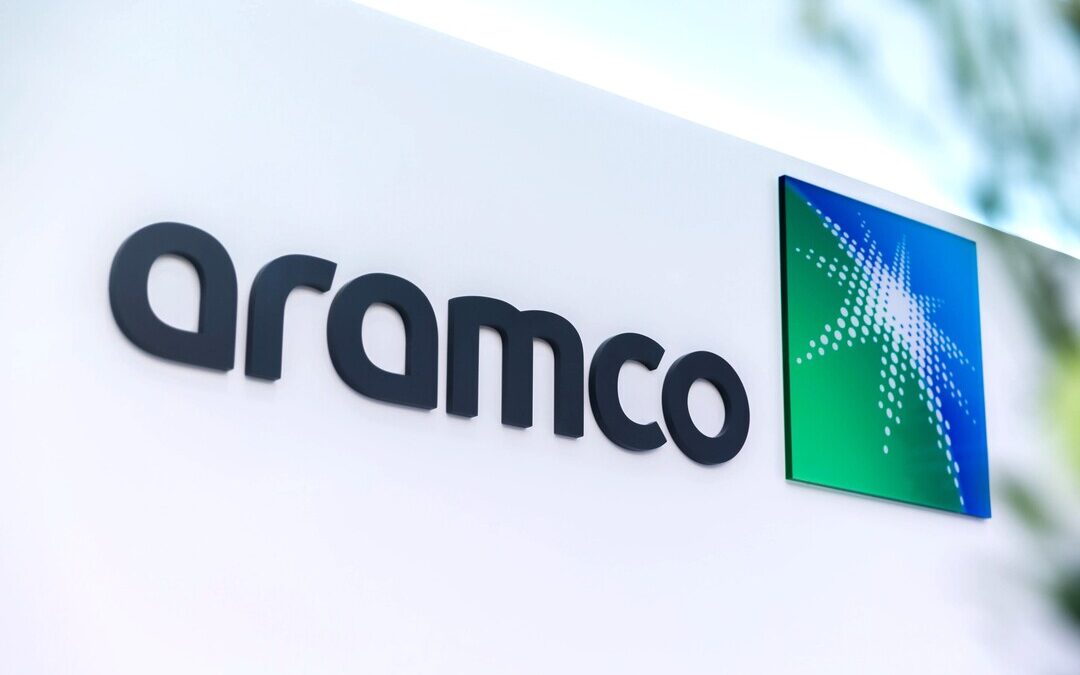Aramco Commissions World-First Iron-Vanadium Flow Battery for Gas Operations
Aramco deploys world’s first Fe/V flow battery, advancing renewable energy storage for gas field operations.
Energy behemoth Aramco has become the first company globally to deploy a megawatt-scale iron-vanadium flow battery to support gas production, marking a major milestone in renewable energy integration for the oil and gas sector.
The 1-megawatt-hour battery system, developed in partnership with China-based Rongke Power, has been commissioned at Wa’ad Al-Shamal in western Saudi Arabia. It will serve as a backup solar power source for gas well operations, supporting up to five wells over a projected 25-year lifespan.
Renewable Storage Breakthrough
The project is based on Aramco’s proprietary technology and is engineered to endure Saudi Arabia’s extreme climate conditions. Aramco said the system offers a flexible and cost-effective solution for diverse industrial energy needs, with improved efficiency and resilience compared to conventional solar storage systems.
“The pioneering flow battery system spearheaded by Aramco’s researchers represents a breakthrough for the oil and gas industry,” said Ali A. Al-Meshari, Aramco’s senior vice president of technology oversight & coordination. “It offers a flexible solution for diverse renewable energy storage requirements, making it an attractive option for a variety of industrial applications.”
Designed for Harsh Environments
Flow batteries differ from traditional batteries by storing energy in liquid electrolytes, which are pumped through cells to convert chemical energy into electricity. They are known for their long lifecycle, minimal capacity degradation, and lower fire risk.
Aramco’s Fe/V battery boasts reduced vanadium use, improved electrolyte efficiency, and operates across a wide temperature range of -8 degrees Celsius to 60°C without the need for thermal regulation.
Aligning with Net-Zero Goals
The deployment aligns with Aramco’s broader emissions-reduction strategy. The company aims to achieve net-zero Scope 1 and Scope 2 greenhouse gas emissions across its wholly owned operated assets by 2050.
Scope 1 emissions are direct emissions from sources owned or controlled by an organization, such as fuel combustion in vehicles, boilers, furnaces or other equipment.
In contrast, Scope 2 is indirect releases, such as electricity, steam, heating or cooling purchased from external providers.
Aramco said the battery system sets the stage for future deployments in isolated and unmanned sites, offering a modular, maintenance-friendly solution capable of meeting variable power demands without significant cost increases.
The project signals a growing push within the hydrocarbon sector to integrate renewables into traditional operations, with Aramco positioning itself at the forefront of that transition.
Also Read:
Aramco launches Saudi Arabia’s first CO2 Direct Air Capture test unit
Nirmal Menon
Related posts

Subscribe
Error: Contact form not found.


